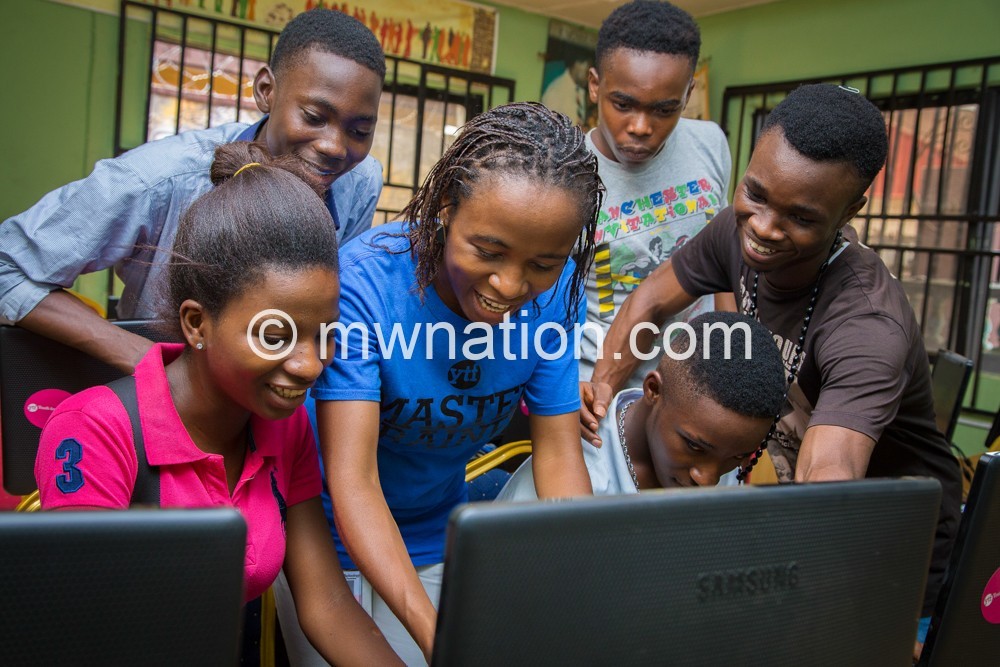Where is God in the Malawi Vision 2063?
If the Lord does not build the house, it is useless for the builders to work on it. If the Lord does not protect a city, it is useless for the guard to stay alert.—Psalm 127:1
Malawi has a brand new long-term-vision that by 2063, it should become an inclusively self -reliant nation. The vision further aspires for the country to be an industrialised upper-middle-income one.
The vision comes complete with a foreword and a preface by the dynamic duo, President Dr. Lazarus Chakwera and Vice-President Dr. Saulos Chilima. This is spiced up by statements of commitment from various stakeholders and Malawi’s captains of industry, including the faith community.
Since 51 percent of Malawi’s population comprises persons under 18 years of age, the vision 2063 is youth-centric and rightly calls for the youth to be catalysts and in the forefront of implementing it.
Gleaning through the various statements plus the vision, it grieves my spirit to note that Malawi appears to have scraped off ‘God-fearing’ as a pillar of the vision as was present in the 2020 Vision.
The President is applauded for leading the nation with the powerful clarion call that “we can only create the new desired Malawi, wokomera aliyense, if we all take an active part in the implementation and realisation of our vision.” Sadly, the vision lacks the captain of our human endeavours, our Creator.
The vision, dubbed MW2063, is an aspiration and a successor to Vision 2020 which sought to make Malawi secure, democratically mature, environmentally sustainable and self-reliant with equal opportunities for and active participation by all.
The crafters of MW2063 envisage Malawi using lessons learned in the Vision 2020 in propelling the country forward. The long-term goals are part of the global developmental framework and anchored “to the global Sustainable Development Goals [SDGs], including their variants moving forward; the continental Agenda 2063 that defines the Africa we want, and the strategies of the Regional Economic Communities to which [Malawi] belongs.”
“The MW2063 is anchored on three key pillars, namely agriculture productivity commercialisation, industrialisation, and urbanisation [with development of tourism hubs as a key component]. The achievement of these three pillars will be catalysed by various enablers, among them environmental sustainability, economic infrastructure, human capital development, and private sector dynamism.”
Bravo to the National Planning Commission (NPC) in recognising that the Malawi population is youthful. The NPC directs that the youth must be central in defining their destiny and contributing towards its realisation. As one colleague surmised recently on social media, by the year 2063, most of the people sitting in the planning and decision-making positions will not be around to either see or enjoy the outcome. The Vision MW2063 is about and for the youth of Malawi.
The Malawi we want is possible and will happen. But it requires us to include the Higher Being in our plans. Don’t push God out of Malawi’s development agenda.
If the Lord does not build the house, it is useless for the builders to work on it. If the Lord does not protect a city, it is useless for the guard to stay alert.—Psalm 127:1


